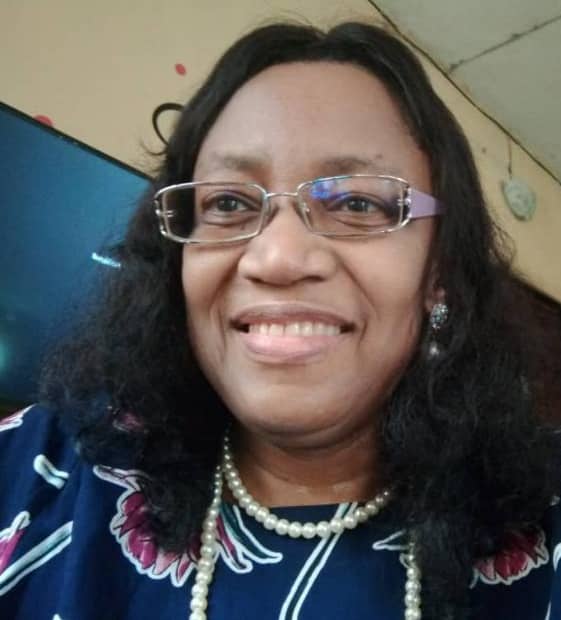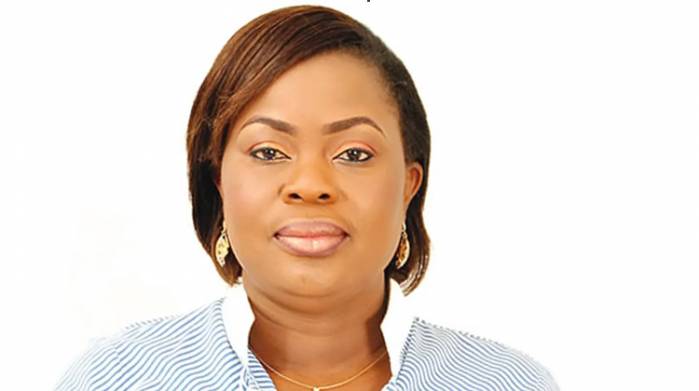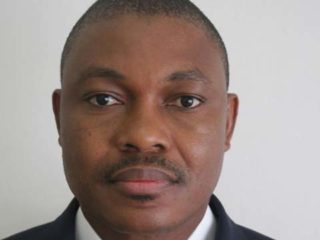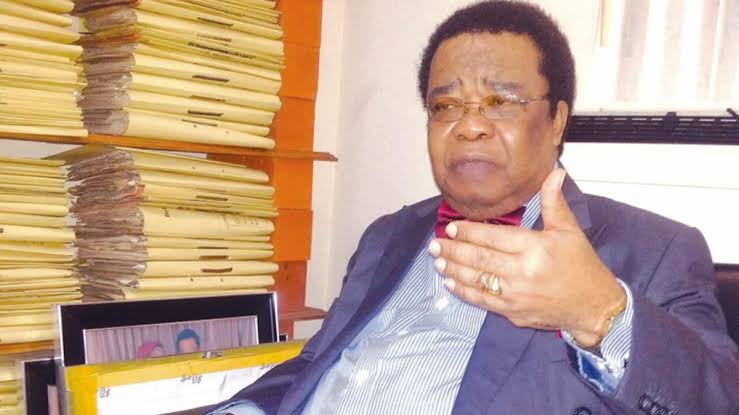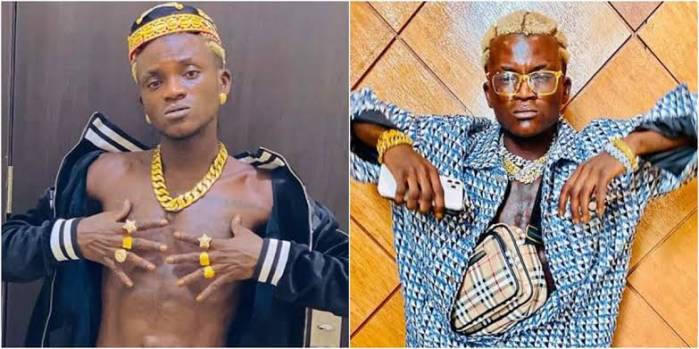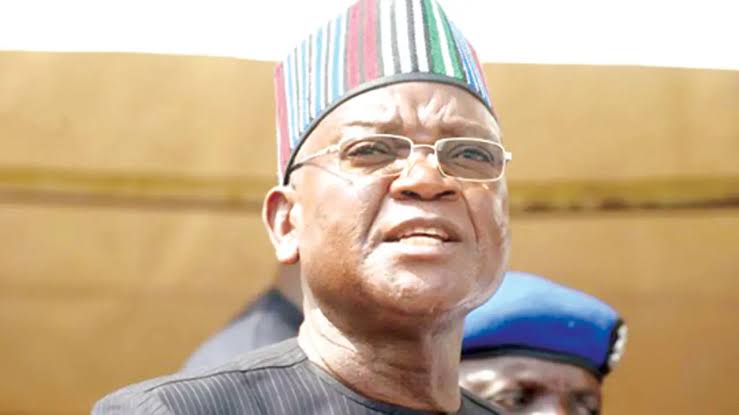The gruesome killings and destruction of properties in Southern Kaduna have, indisputably reached a tipping point, requiring urgent global attention.
The painful accounts by victims and gory details, from the media, about the brazen brutalities, against villages, farms and worship centres, are too disconcerting and brazen to gloss over.
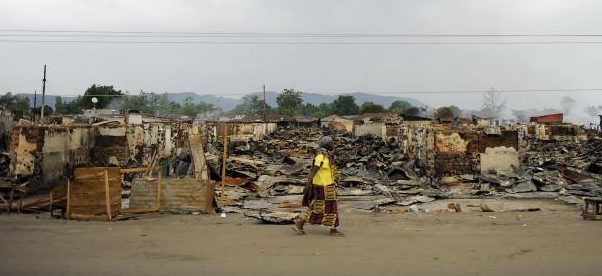
Eminent personalities, as well as national and international bodies have repeatedly accused the authorities and security operatives of alleged complicity in the carnage.
The devastated communities, as well as survivors, are seriously demanding for urgent international response to the reprehensible and unjustifiable bloodshed, in the state and Middle Belt region.
Chief Executive of a United Kingdom(UK)-based rights organization, CSW, Dr. Mervyn Thomas, reiterated the need to convene ‘a special session on the human rights situation in central Nigeria by the United Nations(UN) Human Rights Council, with particular focus on current violations in southern Kaduna and Plateau State.’
Dr. Thomas urged ‘European Union(EU), the UK and United States(US) to ensure that humanitarian assistance is allocated, towards assisting and rehabilitating victims. Disturbing allegations of survivors regarding the failure of security personnel to intervene in ongoing violence and apprehend the perpetrators, require swift, transparent and independent verification.’
He also called for a special session on the human rights situation in central Nigeria by the UN Human Rights Council, with particular focus on current violations in southern Kaduna and Plateau States.’
‘The fact that these attacks continue is a damning indictment of the governor’s decision to extend the duration and scope of a 24-hour curfew that had manifestly failed. Instead of protecting villagers the curfew makes them sitting targets for militia, who continue to attack at will.’
‘Nigeria is currently ranked the 14th most fragile state in the world and the ninth most fragile in Africa. The country also ranks third, behind Afghanistan and Iraq, among the countries most impacted by terrorism, including from Fulani extremists.’
The group cited common risk factors and warning signs of genocide, identified by the US Holocaust Memorial Museum’s Holocaust Encyclopaedia as ‘large-scale instability, the prevalence of an ideology whereby leaders believe certain people are inferior or dangerous due to their race, religion, or national or ethnic origin, and the pervasiveness of acts of discrimination, persecution, and violence against people belonging to a certain group.’
The religious freedom advocate said ‘events have already illustrated that the curfew does not deter the perpetrators of the violence. Instead, with the continuing security vacuum, it has made law-abiding villagers easier targets for the killers.’
Last year, the UN Special Rapporteur on extrajudicial, summary or arbitrary executions, described the nation as an ‘injustice pressure cooker,’ he noted.
‘Address the situation in Southern Kaduna in an unbiased and effective manner, while it is still salvageable and to counteract the multiplicity of armed non-state actors currently terrorizing Nigerian citizens,’ he warned.
Similarly, Ewelina Ochab, a human rights advocate, blamed the authorities for the atrocities alleging that ‘Fulani militia continue to perpetrate mass atrocities in the Middle Belt.’
Ochab, who stated this in a recent Forbes publication, is an author and co-founder of the Coalition for Genocide Response.
The activist said ‘their crimes continue to go unreported. This is why earlier this year, Lord Alton of Liverpool, Baroness Cox, Fiona Bruce MP and many other British parliamentarians wrote to the International Criminal Court(ICC) sending further evidence of the atrocities for consideration.’
The government, she alleged, ‘will not address the crime adequately or at all. If the government is blind to the issue of religious persecution in the country, it is clear that the issue will not be addressed.’
Ochab challenged the international community ‘not to be blind to the reports of atrocities and must ask important questions.’
‘How will the Nigerian Government explain the mass killings in Nigeria as recorded by several international organizations? What is the Nigerian Government doing to ensure that the acts are investigated and the perpetrators prosecuted?’
Recall that, ‘the U.K. All-Party Parliamentary Group for International Freedom of Religion or Belief (APPG), a cross-party group of parliamentarians, representing both houses of the U.K. Parliament, last June, released a report about the mass atrocities.’
According to the publication the exact death toll is unknown. It however alleged that ‘thousands of civilians are thought to have been killed in attacks led by Fulani herders and periodic retaliatory violence. Humanitarian Aid Relief Trust report that over 1,000 Christians were killed between January-November 2019, in addition to the estimated 6,000 deaths, since 2015.’
‘Amnesty International estimated that between January 2016 and October 2018 at least 3,641 people may have been killed, 406 injured and 5,000 houses burnt down,’ she further alleged.
Last Sunday, Catholic Archbishop of Lagos, Most Rev Alfred Adewale-Martins, joined the plethora of voices, urging the authorities to end the carnage.
READ ALSO: A Nation And Its Army Of Unemployed Youths
‘Those in authority today in our country should therefore use their power to stop the killings in Southern Kaduna. The bloodshed in that part of the country and other places must stop now,’ he stated.
Delivering his homily, at Holy Cross cathedral, Lagos, the cleric charged those in authority to use their power well and not to behave like Shebna, of Isaiah 22:15, who wanted to build a tomb for himself in the rocky hillside.
‘Those in authority must realize that they have to exercise their power for the common good and not for selfish purposes.’
Last week, President of the Christian Association of Nigeria (CAN), Rev. Samson O. A. Ayokunle, asked Governor el Rufai to ‘end the cycle of accusations and counter-accusations, over the killings in Southern Kaduna and to embrace a round table approach.
‘Everybody is looking at the governor as a father of the state. This is the understanding, with which he should handle, every accusing finger pointed at him.’
However, the governor, in a recent interview, blamed the aggrieved communities and their leaders for the violence.
‘I am using the security agents to carefully mark them and when we accumulate enough evidence, we will get them and put them before a judge.
I have no time for nonsense. I will not appease criminals. I will not appease idle people who have nothing to do but to raise a spectre of genocide. They do that to get money into their bank accounts and get donations from abroad instead of standing up.’
Members of Southern Kaduna Peoples Diaspora (SOKAPDA), swiftly, dismissed these claims, during a recent protest outside the Nigerian High Commission, in London.
They called on the president to declare the militia a terrorist organization, while accusing the international media of ‘a conspiracy of silence’ regarding the deadly violence.
The demonstrators displayed banners, with compelling inscriptions. ‘Stop the Killings,’ ‘Enough is Enough,’ ‘It’s not a conflict. It’s a genocide,’ ‘Our lives matter,’ and ‘Southern Kaduna can’t breathe.’
A public analyst and publisher of Newstap online newspaper, George Aluo, decried widespread violence in Nigeria and other African nations, attributing it to bad governance and corruption.
Aluo said ‘incessant tribal and religious tensions, in the region are essentially due to poor leadership, nepotism and dictatorial tendencies.’
‘Good governance is what Africa needs at this time. There must be reforms in the democratic process. If this was the situation in Mali, the military would not have struck,’ he added.
‘Nobody wants the military back in governance, but politicians need to rule with the fear of God, equity and justice.’
Indeed this intractable destruction of lives and properties should be tackled speedily, in order to save the nation’s fragile existence and democracy.
.Ojukwu is a journalist and Fellow of Hubert H. Humphrey Fellowship. Kindly send feedback to adeze.ojukwu@gmail.com
